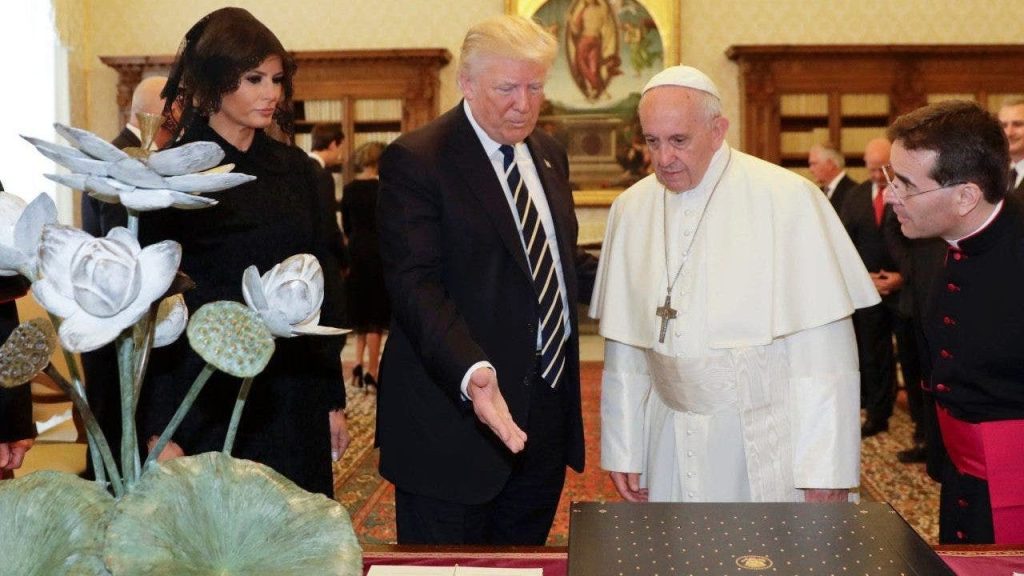Catholic voters significantly favored Donald Trump in the 2024 election, helping him secure a surprise victory over incumbent President Joe Biden. In 2020, Catholics were split between Trump and Biden, with 50% supporting each candidate. However, in the recent election, Trump’s support among Catholics increased by nine percentage points, with him ultimately winning this demographic by 10 points. Bill Donohue of the Catholic League cited Harris’s perceived animosity towards Catholics as a key reason why many within this religious group rejected her, leading to Trump’s victory.
With approximately 52 million Catholic adults in the U.S., the Catholic demographic is the largest religious group in the country. Despite beliefs that Catholic voters do not form a cohesive voting bloc, the significant swing towards Trump in the 2024 election suggests otherwise. Brian Burch of CatholicVote believes that Republicans should take note of this emerging trend and capitalize on it politically. The group endorsed Trump for the first time in history and launched campaigns in critical swing states to engage with Catholic voters and promote Trump’s candidacy.
CatholicVote’s efforts to connect with Catholic voters in key swing states such as Arizona, Nevada, Wisconsin, Michigan, and Pennsylvania proved successful, contributing to Trump’s unexpected victory. Trump’s message of improving the economy and restoring law and order resonated with working-class Catholics, leading them to favor him over Harris. Trump’s policies aligned with a “populist social justice” ideology that prioritizes family and American economic interests, which appealed to many Catholic voters who felt marginalized by the government.
In several crucial swing states, Catholic voters overwhelmingly favored Trump, with large margins of support in states like Pennsylvania, North Carolina, Michigan, and Wisconsin. Harris’s perceived disrespect towards Catholics and her opposition to religious exemptions for doctors providing abortions further alienated the Catholic electorate. Burch highlighted these moments as turning points in the election, where Harris’s actions solidified Catholic voters’ concerns about her attitude towards their beliefs and values.
The significant swing towards Trump among Catholic voters in the 2024 election underscores the growing influence of this demographic in shaping political outcomes. The rejection of Harris by Catholic voters reflects a shift in political alignments and priorities within the Catholic community, illustrating concerns about religious freedom, healthcare, and abortion policies. Ultimately, the election results suggest that Republicans, by recognizing and engaging with Catholic voters effectively, can leverage this demographic to secure electoral victories in future elections.
Trump’s victory in the 2024 election was, in part, powered by the support of Catholic voters who aligned with his economic policies and commitment to law and order. By engaging with Catholic organizations like CatholicVote and addressing the concerns of Catholic voters, Republicans were able to tap into a key demographic that played a significant role in the election outcome. Moving forward, the Republican Party can further solidify its support among Catholics by continuing to prioritize issues that resonate with this group and building on the momentum of their success in 2024.













